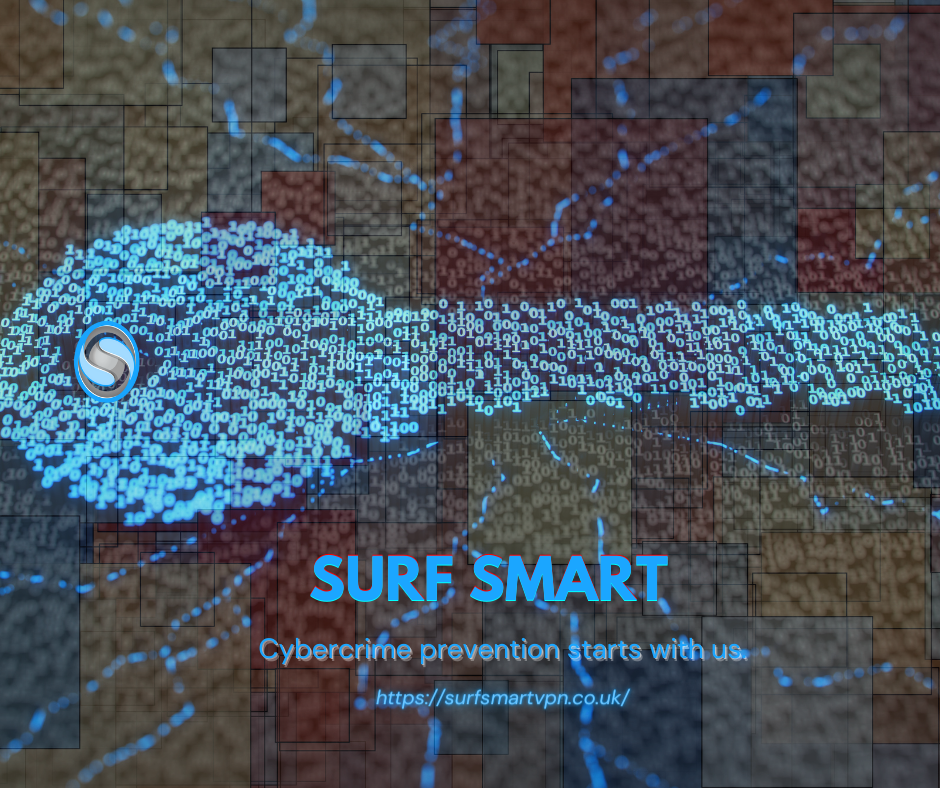Introduction
In today’s digital world, privacy and security are paramount. As individuals strive to protect their online activities, Virtual Private Networks (VPNs) have gained immense popularity. However, with their rise, numerous misconceptions have arisen about what VPNs can and cannot do. Understanding these misconceptions is crucial for anyone considering using a VPN for personal or business purposes.
In this article, we will explore the common misconceptions about VPNs, evaluate their true benefits, and help you make informed decisions regarding your online privacy. So, let’s dive into the murky waters of misinformation and uncover the reality behind VPNs.
What Are Some Common Misconceptions About VPNS?
When discussing VPNs, it's not uncommon to encounter various myths that create confusion among users. Here are some prevalent misconceptions:
1. VPNs Make You Completely Anonymous Online
A popular belief is that using a VPN guarantees complete anonymity while browsing the web. While a VPN does mask your IP address and encrypt your internet traffic, it doesn’t make you entirely invisible online.
Truth: Your online activities may still be traceable through other means such as cookies, browser fingerprinting, or if you log into personal accounts. Therefore, while a VPN enhances your privacy significantly, it does not provide total anonymity.
2. All VPNs Are the Same
Many users think that all VPN services offer similar features and levels of security. They believe that just by using any free or cheap service, they can achieve the same level of protection as more reputable options.
Truth: There is considerable variation in the quality of different VPN providers. Factors such as encryption protocols, server locations (like an address for the VPN server), logging policies, and customer support can differ widely. Always conduct thorough research before selecting a provider.
3. Using a VPN Slows Down Your Internet Speed Significantly
Another misconception is that connecting through a VPN will drastically reduce internet speed to an unusable level.

Truth: While it’s true that some slowdown may occur due to encryption processes and routing traffic through remote servers ( VPN address), many high-quality providers maintain fast speeds suitable for streaming and gaming without noticeable lag.
4. Free VPNS Are Just as Good as Paid Ones
Many users opt for free VPN services believing they provide equivalent protection without any cost.
Truth: Free VPNS often come with limitations like data caps or speed restrictions. Worse yet, they might sell your data or serve ads in exchange for providing free services. Investing in a reputable paid service often yields far better security and performance.
5. A VPN Protects Against All Cyber Threats
Some individuals mistakenly believe that simply using a VPN protects them from all types of cyber threats such as malware and phishing attacks.
Truth: A VPN primarily focuses on encrypting your connection and protecting your privacy but does not inherently protect against viruses or malicious software. It should be part of a broader cybersecurity strategy including antivirus software and safe browsing practices.
6. Using a VPN Means You Don’t Need To Worry About Security At All
Another common fallacy is thinking that once you’re connected to a VPN, all potential security issues disappear.

Truth: While a good virtual private network adds an essential layer of security by encrypting your data transmission, users must remain vigilant about other aspects such as insecure websites (HTTP vs HTTPS), personal information sharing, etc.
The Benefits of Using A Virtual Private Network (VPN)
Despite these misconceptions surrounding VPNS, they offer several undeniable advantages:
1. Enhanced Privacy Protection
By masking your IP address with one from the chosen server location ( VPN address), you gain an extra layer of anonymity which helps thwart unwanted tracking by advertisers or malicious entities.
2. Secure Data Transmission Over Public Wi-Fi
Public Wi-Fi networks are notoriously insecure; however, using a virtual private network encrypts your connection making it much harder for hackers to intercept sensitive information like passwords or bank details during transmission.
3. Bypass Geo-restrictions
VPN services allow you best vpn that actually works to bypass geographic content restrictions imposed by streaming platforms like Netflix or Hulu by enabling access to content libraries available in other regions—making it easier to enjoy global entertainment without restrictions.
4. Avoid Bandwidth Throttling
Internet Service Providers (ISPs) sometimes limit bandwidth based on user activity such as streaming or gaming; however using a virtual network prevents ISPs from seeing what you're doing online—helping maintain consistent speeds even during peak usage times.
Advantages of Virtual Private Networks: A Detailed Look
Understanding why so many users are turning towards virtual private networks involves recognizing their myriad advantages:
1. Cost-Effective Solutions for Businesses
For companies looking to secure sensitive data while allowing remote work flexibility—setting up an internal corporate network utilizing reliable providers can save costs associated with traditional infrastructure while maintaining high levels of security compliance standards like GDPR regulations.
2. Flexible Access Options
With multiple server locations available globally through most premium providers—it becomes possible not only to find better performance but also mitigate risks related specifically where certain governments impose strict censorship laws limiting citizens' access online information freely available elsewhere around the world!
Are VPNS Worth It? An In-Depth Analysis
When evaluating whether investing in a virtual private network is worthwhile—consider how often you engage in activities that require enhanced privacy protections coupled alongside potential savings obtained from bypassing regional content restrictions!
Here’s why many consider paying monthly subscription fees worthwhile:
- Better Browsing Experiences Enhanced Security Features Access To Global Content Libraries Increased Anonymity Online
So yes! For those who value their personal data safety & freedom—they certainly prove themselves worth every penny spent during those monthly subscriptions!
How Much Does A Quality VPN Cost? Understanding Price Differences Across Providers
When searching for “how much is a vpn,” you'll find price ranges vary significantly depending on provider offerings—usually falling between $5-$15 per month when going for reputable services offering robust features needed today!
| Provider | Monthly Cost | Annual Cost | Key Features | |------------------|--------------|-------------|---------------------------------| | NordVPN | $11.95 | $59 | Double Encryption | | ExpressVPN | $12.95 | $99 | 94 Countries Supported | | SurfShark | $12.95 | $59 | Unlimited Devices |
Always assess what features matter most prior choosing based solely upon pricing alone; often paying slightly more ensures higher quality service delivered compared cheaper alternatives lacking essential capabilities required securely surfing internet today!
Commonly Asked Questions About VPNS: FAQs
1) Do I need a VPN?
- If you value privacy when browsing online & frequently use public networks—a quality virtual private network could significantly enhance overall security experience!
2) Does using a vpn hide search history?
- While it masks IP addresses—your activity may still be tracked via cookies unless cleared regularly after each session; thus utilizing incognito mode within browsers helps minimize tracking further!
3) Can I use my vpn on multiple devices simultaneously?
- Many premium options allow connections across several devices simultaneously! Always check individual policies before committing long-term subscriptions since limits may apply based on provider choices made accordingly!
4) How do I choose the best vpn provider?
- Research reliability reviews focusing upon necessary features required versus budget constraints; always prioritize trusted sources highlighting experiences shared among fellow users!
5) Are there free vpns worth trying out?
- Yes—but caution advised since they often come with catches like limited bandwidth & potential logging practices risking user data sold third-party advertisers seeking profit margins over ethical considerations involved!
6) What does ‘no-log policy’ mean regarding vpns?
- A no-log policy ensures user activity remains confidential while utilizing services preventing external entities accessing personally identifiable information collected whenever connections established!
Conclusion
In conclusion, understanding the common misconceptions about VPNS can significantly impact how individuals perceive these valuable tools in safeguarding their online presence effectively! Virtual private networks surely hold promise through enhanced security measures along with cost-effective solutions fostering greater autonomy while navigating digital spaces worldwide—a worthy investment indeed considering ever-growing concerns around privacy rights enforced across varying jurisdictions today!

Remember always to conduct thorough research before diving into any specific provider's offerings—ensuring optimal selections made aligned closely towards unique needs identified throughout this exploration journey undertaken together today!